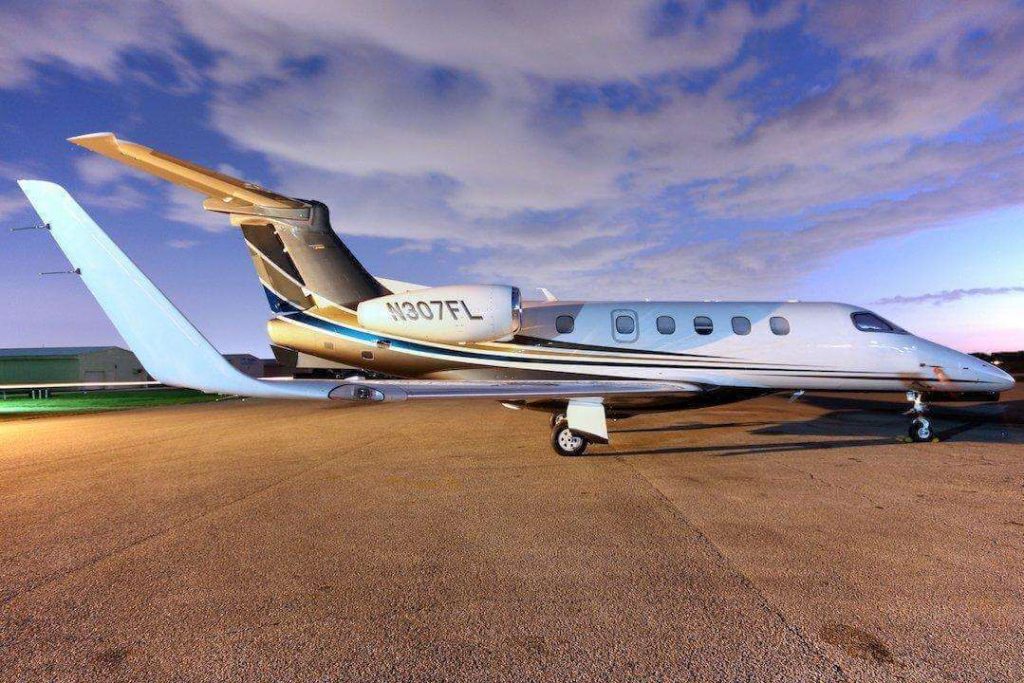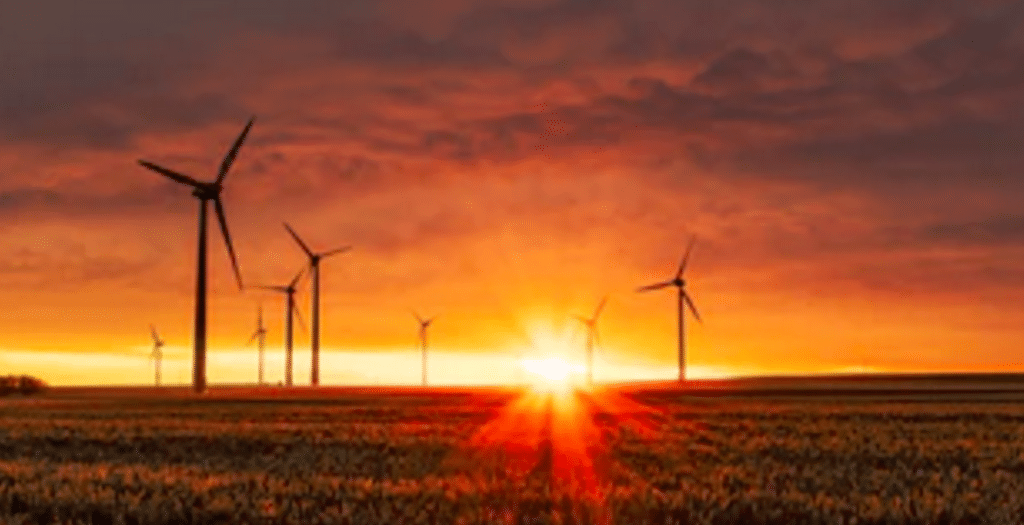Offset Your Jet with Eco-friendly Jet Charters
With climate change being heavily debated among politicians and other notable public-facing people these days, the use of private jets has been in the spotlight. In fact, several articles have recently been published that highlight the climate impact and CO2 emissions of celebrities.
An article in Time states, “As Americans bear the brunt of heat waves, a multi-year drought, and devastating floods, celebrities are being criticized for their exorbitant lifestyles and apparent disregard for the ongoing climate crisis.”
The article then goes on to share all the ways celebrities are contributing to the climate crisis.
Though many private jet users have been looking for more sustainable ways to travel for the last decade or more, this surge in criticism has prompted even more travelers to seek out eco-friendly jets.
Are there eco-friendly jets?
Yes, there are! Though there aren’t any eco-friendly jets that directly reduce the amount of carbon emissions produced, you can offset your jet through carbon credit programs.
It’s important to note that many aircraft manufacturers are currently diving into the world of sustainable travel and working greener principles into their technology and designs.
In the meantime, sustainable aviation fuel, which is made from 100 percent renewable waste and agriculture residues, has played an integral role in aiding the transition into net-zero flying.
What is the most environmentally friendly private jet?
The Dassault Falcon 8X boasts 20 percent more fuel-efficiency than any other aircraft in the business jet class. Dassault, a French aerospace company that focuses on manufacturing business jets and military aircraft, is at the forefront of sustainable aircraft designs.

The Embraer Phenom 300 is a popular jet charter option.
Next to lead the charge into net-zero flying is Embraer. They’ve been working on providing frequent flyers with aircraft equipped with four different propulsion technologies:
- Hybrid-electric
- Electric
- Hydrogen fuel cell
- Dual fuel gas turbine
These new aircraft are projected to reduce carbon emissions by 90 percent.
What is the most eco-friendly airplane?
In the commercial aviation world, the Embraer E2 is the most eco-friendly airplane. Thanks to its high aspect ratio wing, the E2 experiences less drag. This means it burns less fuel than other aircraft of this size. It also makes less noise.
Can private jets be eco-friendly?
Yes. Despite being scrutinized and criticized for being heavy CO2 emission producers, the private jet industry has been taking huge leaps towards making air travel more sustainable. Each and every private jet manufacturer has been looking at ways to phase out fossil fuels while considering the environment when drafting new model designs. A greener way of traveling is in the works!
How can I offset my private jet carbon emissions?
A few private jet providers have moved into providing their clients with the option to offset their jet through carbon credit programs. By purchasing carbon credits when you fly privately, those extra funds go into eco-friendly initiatives that benefit the environment and communities around the world.
The Origins of Stratos’ Eco-jet Charter Program
It all started with an idea. Back in 2007, Joel Thomas, Founder and CEO of Stratos Jet Charters, and his brother, who sat on the board of the North Carolina Green Council, began looking for ways to reduce the environmental impact of private jet charters. Since eco-friendly jets weren’t available on the market, he knew he needed to look at ways to offset the carbon emissions these aircraft produced. This is when the pair discovered TerraPass and immediately formed a partnership.
How do carbon offset programs work?
It’s simple. The next time you charter a private jet, simply ask your private flight advisor to offset your jet. They’ll provide you with a carbon neutral report that details the trip’s potential emissions along with the number of carbon credits required to offset those estimated emissions. This increases the total cost of the trip by just one percent.

Those funds will then be given to TerraPass and put into carbon offsetting initiatives, like:
- Forestry. Trees are responsible for removing roughly 7.6 billion metric tons of CO2 per year, making reforestation initiatives a great way to offset carbon emissions.
- Renewable energy. Windmills generate pollution-free energy and every kWh created by wind displaces a kWh created by fossil fuels.
- Landfill gas capture. Through the installation of gas capturing systems at landfills, less methane is released into the environment.
The future of eco-friendly jets
In a recent blog article, we took a look at solar-powered aircraft and how likely they are to become available to the public in the near future.
After completing a flight around the world on a solar-powered aircraft, those behind the creation of the plane admitted that solar-powered flight options aren’t ideal. Though the aircraft wasn’t a hit, this development has led to further innovations in the aviation industry that will positively impact the environment in the future.
In an article published by Forbes earlier this year, several different forms of private jets were examined. Bernard Marr, the author, stated, “…major changes to air travel are in development, so hopefully, in the next few decades, traveling by plane will get more affordable, more comfortable, and more environmentally friendly.”
Some of the concepts propelling the future of aviation include:
- Wing design that reduces drag
- Hydrogen-powered engines
- Cabins that accommodate a larger number of passengers
- Electric-powered short-haul aircraft
- Supersonic aircraft
It’s hard to predict what the next ten years will look like in the private aviation industry, but one thing is for certain. The future lies in eco-friendly jets.
Book your eco-jet charter today!
Are you ready to offset your jet with Stratos’ eco-jet charter program? Your private flight advisor can help you purchase carbon credits on your upcoming flight so you can feel better about your carbon emissions. Reach out for a free quote today online or by calling 888.593.9066.
Are you ready to book your London to Geneva charter flight yet?
Our friendly, expert air charter agents are here to answer questions or start your quote today. Don`t wait, call now and we'll get you on your way to your destination!
Call 888-593-9066











